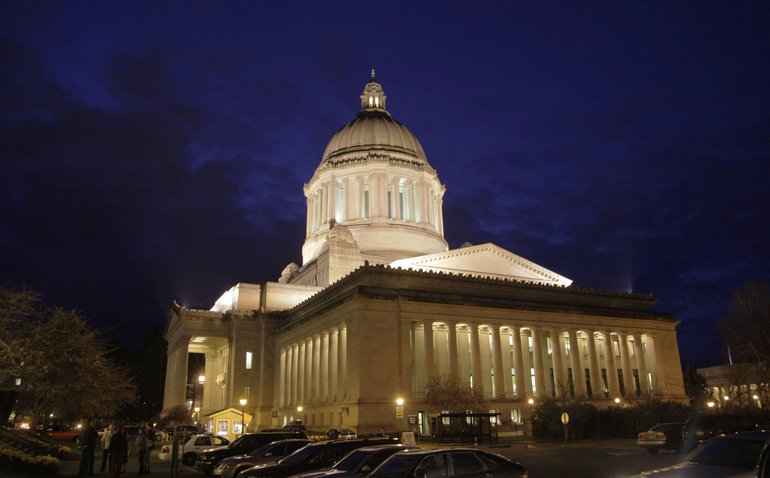“We don’t turn our backs when our neighbors are in need,” he said.
Who stands to lose, in a final budget deal?
Already, the state on March 1 cut its Basic Health rolls by 28 percent, leaving nearly 15,400 people without coverage. Gov. Chris Gregoire’s initial budget plan from December called for complete program elimination, dropping health coverage for about 66,000 low-income adults and many children of illegal immigrants.
The latter could become legislators’ last option.
Rep. Ed Orcutt, R-Kalama, new chairman of the state Forecast Council, said what lawmakers could do best is to help people find new jobs. New legislation to remove roadblocks for employers has been ignored, he complained.
“I don’t see enough concern in the Legislature coming through to get Washington working again,” Orcutt told reporters at the Thursday briefing. “There are a number of bills languishing in committee right now that could get people back to work.”
Sen. Joe Zarelli of Ridgefield, top Republican on the Senate Ways & Means budget-writing committee and, this session, a consistent ally in Gregoire’s pronounced push for deeper reform, said the swelling deficit owes mostly to “an overabundance of spending commitments” rather than dropping revenue.



